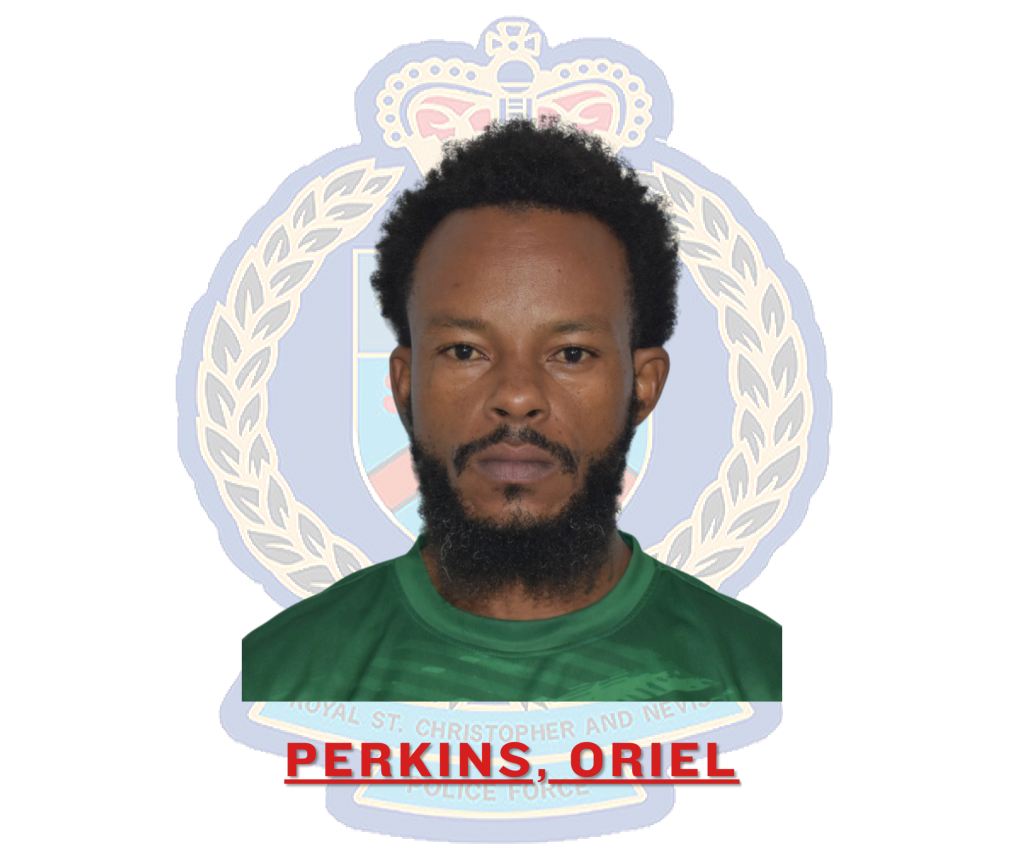Oriel Perkins Faces Cannabis Possession Charge
On April 17, 2025, a significant event unfolded on the tranquil island of Nevis, specifically on Government Road, a location resonating with irony given the nature of the incident. Oriel Perkins, a resident of this very road, found himself at the center of a legal entanglement involving the possession and cultivation of cannabis. This seemingly straightforward narrative harbors layers of complexity when considering the socio-economic, legal, and cultural context surrounding cannabis use and its prohibition, particularly in the Caribbean region. Perkins’ alleged actions brought him face-to-face with the long arm of the law, setting in motion a series of procedures that would dictate his immediate future and potentially leave a lasting impact on his life. The charges against him, possession of cannabis with intent to supply and cultivation of cannabis, raise questions about the scale of his alleged activities, the potential market he might have been catering to, and the broader implications for the community he resides in.
The details of the case, while concise in their initial presentation, reveal the efficiency and swiftness of the local law enforcement. The discovery of the alleged cannabis, the subsequent arrest, and the formal charges all occurred on the same day, April 17th, 2025, at the Charlestown Police Station. This rapid response speaks to the prioritization of drug-related offenses within the Nevisian legal system, reflecting a wider Caribbean and global trend in combating drug trafficking and cultivation. While this efficiency may be lauded by some as a testament to the effectiveness of law enforcement, it also underscores the ongoing debate surrounding the criminalization of cannabis and its perceived impact on individuals and communities. The swiftness of the arrest and charges leaves little room for immediate reflection on the potential circumstances surrounding Perkins’ alleged activities, prompting further investigation into the nuances of the case.
The charge of possession with intent to supply suggests that the quantity of cannabis found in Perkins’ possession exceeded what would typically be considered for personal use. This distinction is crucial, as it elevates the severity of the offense and carries potentially heavier penalties. The intent to supply implies involvement in the local drug market, whether as a small-scale distributor or part of a larger network. This aspect of the case warrants deeper scrutiny to understand the extent of Perkins’ alleged involvement in the drug trade and its potential ramifications on the local community. Further investigation may reveal the intended recipients of the cannabis, the methods of distribution, and the potential profits involved, providing a more comprehensive picture of the alleged operation.
The additional charge of cultivation of cannabis further complicates the case, adding another layer to Perkins’ alleged involvement in the cannabis trade. Cultivating cannabis requires resources, knowledge, and a certain level of planning, suggesting a more deliberate and potentially sustained engagement with cannabis production. The location of the cultivation, presumably on or near Perkins’ residence on Government Road, raises questions about the visibility and accessibility of the operation, and the potential risks involved in such an undertaking. Understanding the scale of the cultivation, the methods employed, and the source of the seeds or plants are crucial to fully grasping the scope of this charge and its legal implications.
The juxtaposition of Perkins’ residence on Government Road and the nature of the charges against him creates a compelling narrative that speaks to the complexities of cannabis legislation and its enforcement. While the government represents the authority that criminalizes cannabis, Perkins’ alleged activities occurring in such close proximity to the symbolic heart of governance highlight a potential disconnect between the law and the lived realities of some residents. This irony underscores the ongoing debate surrounding the effectiveness and fairness of cannabis prohibition, particularly in contexts where its use may be deeply ingrained within the cultural fabric of a community. Further analysis of this case within the context of Nevisian society and its historical relationship with cannabis cultivation and use can provide valuable insights into the broader implications of cannabis criminalization.
Ultimately, the case of Oriel Perkins serves as a microcosm of the wider global conversation surrounding cannabis legalization and its impact on individuals, communities, and legal systems. While the immediate legal proceedings will focus on the specific charges against Perkins, the broader implications of this case extend far beyond the individual. It prompts a critical examination of the socio-economic factors that contribute to cannabis cultivation and distribution, the effectiveness of current drug policies, and the potential benefits and challenges of alternative approaches to cannabis regulation. The outcome of this case will not only determine Perkins’ fate but also contribute to the evolving narrative surrounding cannabis in Nevis and beyond.
Share this content:












Post Comment